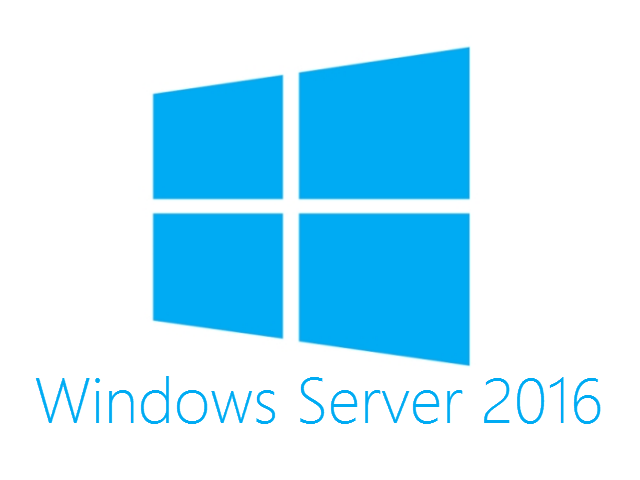May 27, 2016

Changes to the December “Product Terms” improve the value of License Mobility for VL customers. Microsoft now allows fail-over rights for SQL Server and Dynamics AX on shared servers. Prior to this change, VL customers only had fail-over rights for on-premises software deployments. This update means that partners with authorized License Mobility providers have the same fail-over benefits they have on-premises. Read the updated licensing terms in the December Product Terms document.
These rights are an SA benefit for Dynamics AX Server and SQL Server allowing customers to run passive fail-over instances of the product without additional licenses. Previously, the fail-over instances had to be on a separate OSE on the licensed server or on a different server dedicated to the customer’s use. New wording added to the December 2015 Product Terms on page 82 confirms that this right is now extended to qualifying shared servers as part of the License Mobility through Software Assurance benefit.
Below are the terms taken from the December 2015 Product Terms:
“Fail-over Rights For Products that are also granted Fail-Over Rights, Customer may run passive fail-over Instances on the qualifying shared servers in anticipation of a fail-over event. The number of licenses that otherwise would be required to run the passive fail-over Instances must not exceed the number of licenses required to run the corresponding production Instances on the same partner’s shared servers.”
Email us to [email protected] for more info on how to become a SPLA Mobility Services partner.
May 27, 2016

Microsoft’s Windows Server 2016 and System Center 2016 aren’t due out until the second half of 2016, but Microsoft execs are starting to communicate some of the licensing changes coming to its next server operating system release.
One of the most noticeable changes will be a move from per-processor licensing to per-core licensing for Windows Server and System Center 2016 Standard and Datacenter Editions.
Microsoft officials are attributing the change from processors to physical cores to a desire to align the licensing of its public and private cloud offerings to be both per-core-based and thus simplifying licensing across multi-cloud environments. The change also will align Windows Server licensing with the per-core licensing already offered for SQL Server and BizTalk.
The change won’t likely have much of an impact for most customers. The change really just reemphasizes the fact that Datacenter is what you want to be using for high density virtualization.
Nov 23, 2015
Licensing for SPLA remains the same month-to-month. Any price changes for SPLA will occur in January except for changes due to foreign exchange rates.
Nov 23, 2015
SPLA Reseller/Distributor (currently called CSR) facilitate SPLA Agreements, monthly reporting, and many other operational functions, and help you in your go to market.
Your cloud distributor BPS is at your disposal 🙂 in all the middle east and north Africa to onboard you in this must-have service provider program https://bpsme.com/partners/ .
Nov 23, 2015
To be eligible for SPLA, you should be enrolled in the Microsoft Partner Network.
Nov 23, 2015
Microsoft Volume Licensing programs offer several licensing options for end-customers to acquire Microsoft software licenses for internal use. Hosting service providers who want to offer software services to their customers (or managed services) and who will include software licenses as part of their service offering should use SPLA. Microsoft SPLA is the only Microsoft Volume Licensing program that allows Microsoft products to be used for commercial hosting.










